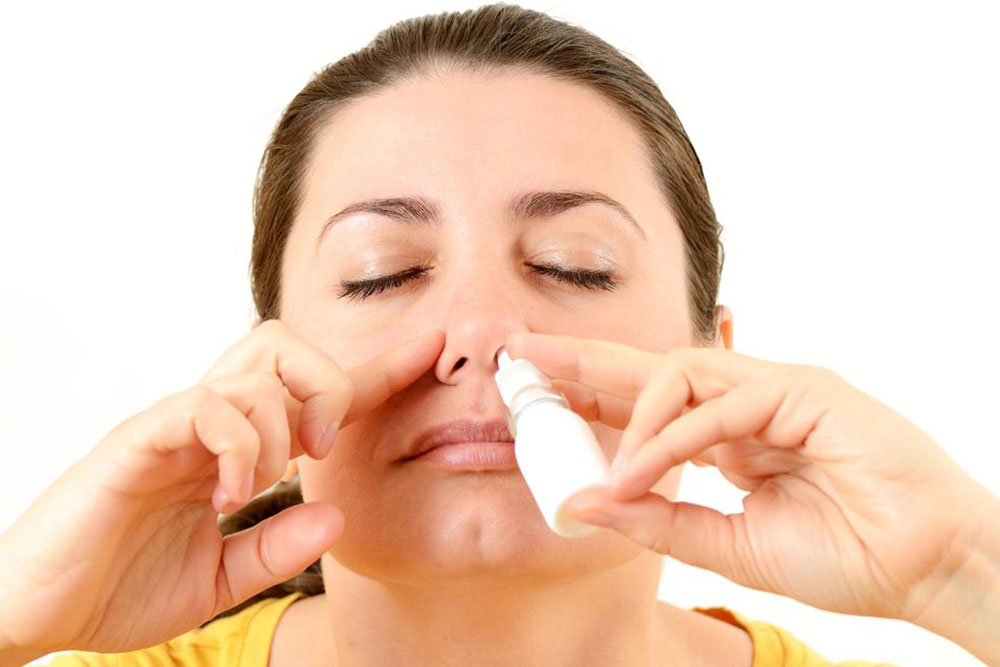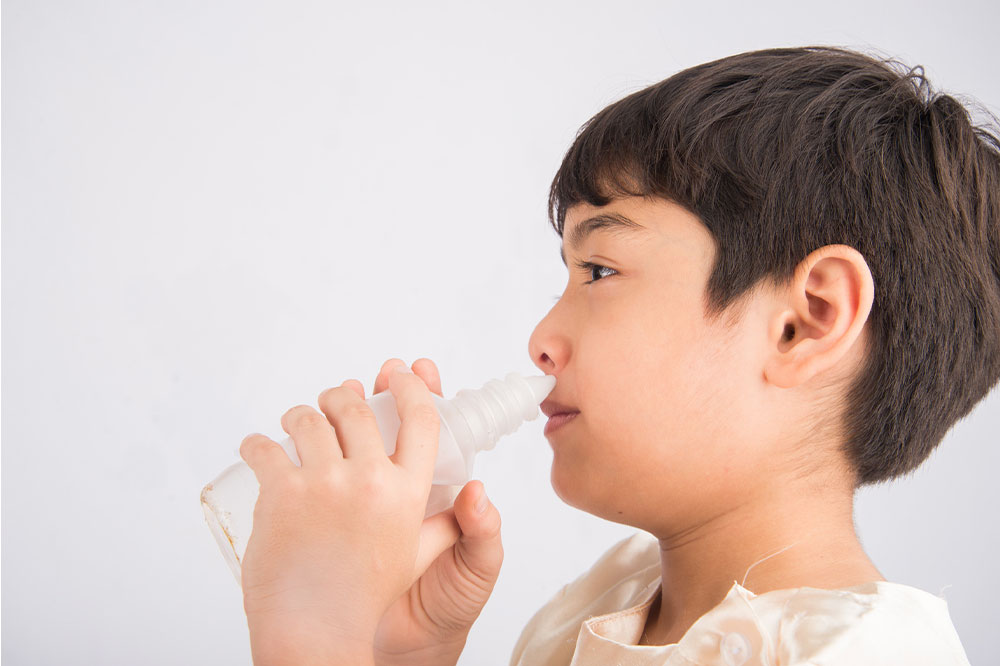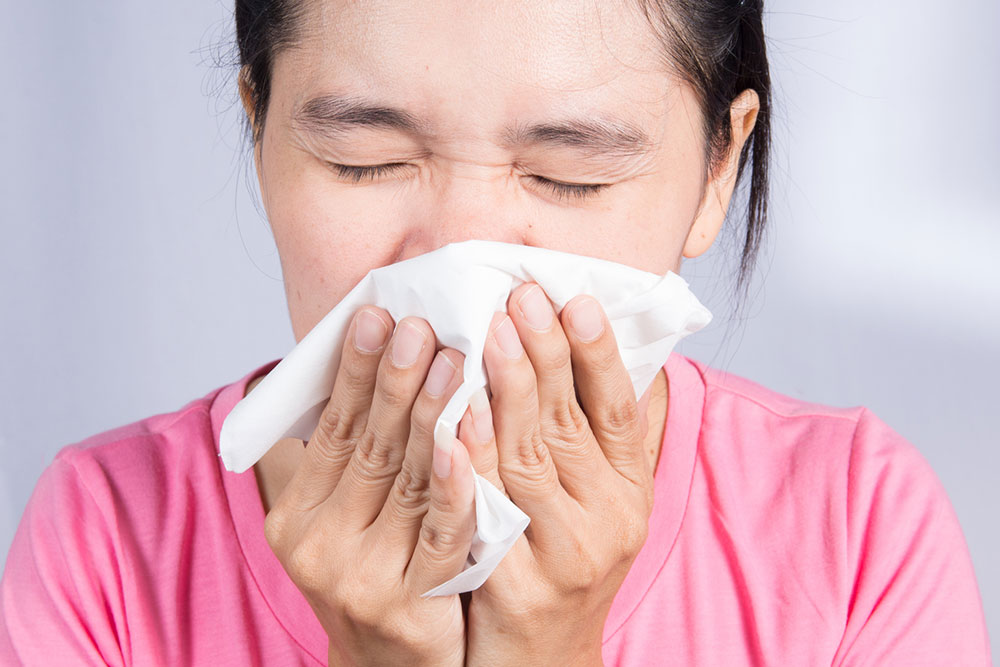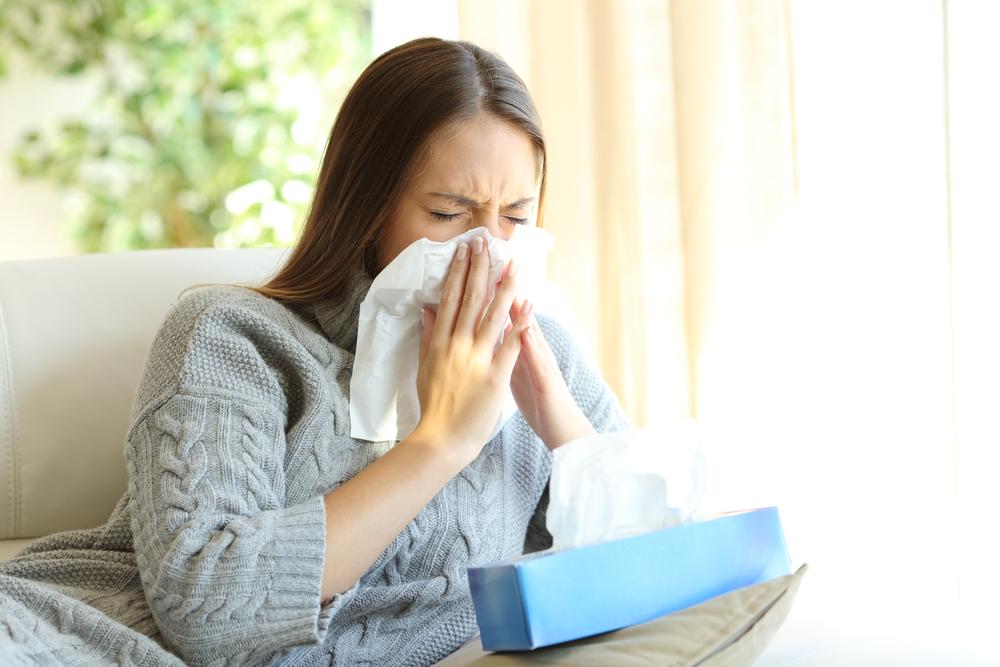Natural Solutions to Relieve Nasal Congestion
Discover effective natural remedies and home strategies to relieve nasal congestion caused by colds, allergies, or flu. From steam inhalation to herbal drinks, learn how to ease breathing difficulties and when to seek medical advice for persistent symptoms.

Natural Solutions to Relieve Nasal Congestion
Congestion caused by colds, flu, or allergies is common among both children and adults, especially during cold seasons. It results from inflammation of the nasal lining, producing excess mucus that blocks airflow. To alleviate discomfort, several home remedies can be effective. However, if symptoms persist or worsen, medical consultation is recommended.
Home treatments for congestion
Use a humidifier or vaporizer: These devices add moisture to the air, easing nasal dryness and mucus expulsion. They are especially helpful for chest congestion and breathing issues.
Steam inhalation: Breathing in steam from warm water helps loosen mucus and relieves breathing difficulties. A hot shower can offer similar benefits through inhaled steam.
Warm salt water gargles: These provide temporary soothing relief for sore or irritated throats.
Stay Hydrated: Consuming warm liquids such as broths and herbal teas thins mucus, making it easier to clear. Proper hydration also aids recovery.
Elevate your head: Sleeping with your head raised with extra pillows reduces nasal blockage and eases breathing.
Turmeric Milk: Known for its anti-inflammatory and antimicrobial properties, warm milk infused with turmeric helps clear chest congestion effectively.
Ginger Honey Mix: Ginger’s anti-inflammatory effects combined with honey can reduce congestion and soothe sore throats. Squeeze ginger juice and mix with honey, taking it throughout the day.
Honey Lemon Drink: Honey and lemon combo fights infection, calms sore throats, and supports immune health.
Medication Options: Over-the-counter decongestants can reduce swelling in nasal passages, but consulting a healthcare provider is advisable, especially for allergies. Pain relievers can also ease discomfort but do not target congestion directly.
Seek Medical Advice When:
Symptoms last beyond a week without improvement
Condition worsens or breathing becomes difficult
Severe congestion or fever develops
Note:
Our site offers helpful health information gathered from reputable sources. While our advice is practical, it’s important to consult healthcare professionals for persistent or severe symptoms. We disclaim responsibility for discrepancies across different platforms or unlisted treatments and offers.







